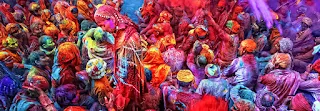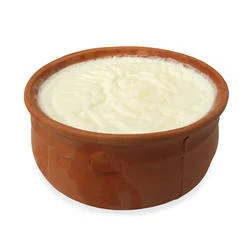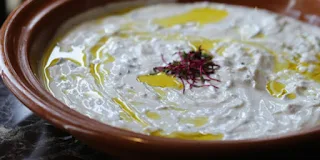“Basant
ritu” or spring is the time between “Shishir” and “Grishma”, typically
from mid March to mid May. Indians have festivals for every season and spring
starts with “Holi”. It is celebrated on the last full moon day of winter
or “Shishir Ritu”. During this season, air is drier than “Shishir”
and the Sun is stronger. The “Kaffa” accumulated in the body during Hemant/Shishir
starts to melt in Basant which diminishes the “Jatharagni” or
digestive fire of the body leading to “Kaffa” related ailments.
(Kaffa
present in the body is responsible for lubrication in the body. For instance, smooth
and lustrous skin indicates a balanced “Kaffa” in the body. Someone
coughing out phlegm indicates aggravated “Kaffa”)
Lifestyle
tips for Basant Ritu:
· “Vaman” or detoxification through
vomit. Person is made to drink medicated water in empty stomach and vomit
afterwards. It should be done in proper supervision.
· Workout
· Use “Ubtan” on body. Typically
a paste of turmeric and chickpeas flour in water applied on body before
bath. Barley and wheat flour can also be used.
· Nasal medications or “Nasya”
What to eat and drink:
· One year old wheat, barley and honey.
· Smoking (Yeah, ayurveda is only for cool
guys). But it is NOT about the branded cigarettes available in market.
·
Gargle
·
Use
warm water for bath and other external uses (NOT for drinking)
· Eat roasted flesh of dry land
animals and birds like rabbit, reindeer, deer, wood pecker, quail etc.
· Wine made of grapes (Enjoy). “Asava”
and “Arista” are two fermented medicinal preparations of ayurveda which
are also recommended per the nature of body.
The Shloka below from Charak Samhita says it all. Smoking is mentioned in Charak Samhita.
Don’ts:
·
Avoid
food which are hard to digest and cold
·
Do
not sleep at daytime
·
Fatty,
sweet and sour foods should be avoided
All above increases “Kaffa” in the body.
<script async src="https://pagead2.googlesyndication.com/pagead/js/adsbygoogle.js?client=ca-pub-7204440794189180"
crossorigin="anonymous"></script>




















